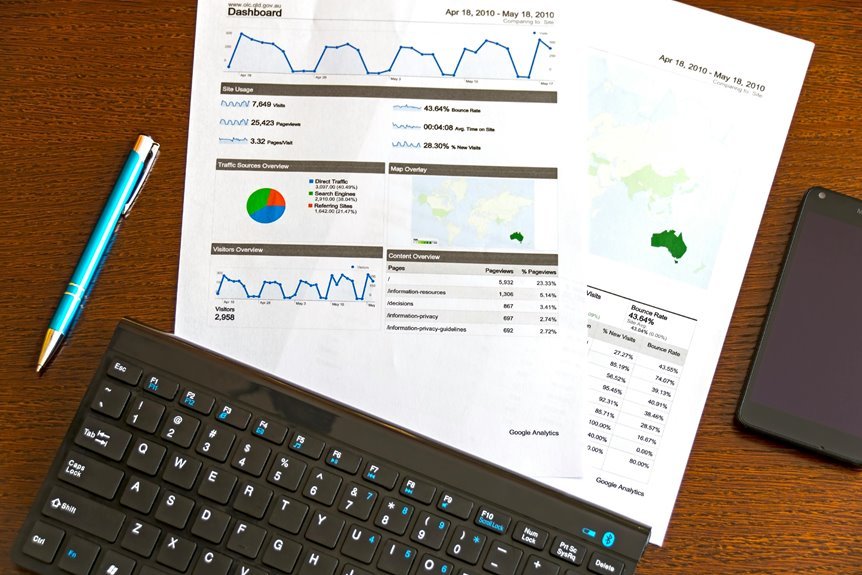Optimizing Marketing Performance With Technology 3500256311
Organizations today face the challenge of optimizing marketing performance amid evolving consumer expectations. By embracing marketing automation and leveraging data analytics, businesses can enhance efficiency and make informed decisions. Additionally, technology plays a crucial role in fostering customer engagement through personalized strategies. As companies seek to measure their return on investment, understanding the tools and techniques available becomes essential. What innovative approaches can emerge from this intersection of technology and marketing?
Embracing Marketing Automation for Efficiency
Efficiency emerges as a critical factor in the competitive landscape of modern marketing, prompting organizations to embrace marketing automation as a strategic solution.
Leveraging Data Analytics for Informed Decision-Making
As organizations seek to enhance their marketing strategies, leveraging data analytics emerges as a pivotal approach for informed decision-making.
By utilizing predictive modeling, companies can forecast consumer behaviors and trends, allowing for strategic adaptations.
Data visualization tools further empower teams to interpret complex data succinctly, fostering an innovative environment where insights drive freedom in marketing initiatives and optimize overall performance.
Enhancing Customer Engagement Through Technology
Harnessing the power of technology, organizations can significantly enhance customer engagement, building deeper connections with their target audiences.
By employing personalized messaging and leveraging interactive content, businesses create immersive experiences that resonate with individuals.
This strategic approach empowers customers, fostering a sense of freedom and involvement.
As a result, organizations can cultivate loyalty and drive sustained engagement in an increasingly competitive marketplace.
Measuring ROI: Tools and Techniques for Success
A comprehensive approach to measuring ROI is essential for organizations aiming to maximize their marketing performance.
By utilizing advanced performance metrics and establishing clear ROI benchmarks, companies can effectively assess their marketing strategies.
Innovative tools, such as analytics platforms and attribution models, empower businesses to identify high-performing campaigns, ensuring resource allocation aligns with strategic goals and enhances overall marketing effectiveness.
Conclusion
In conclusion, the integration of technology into marketing strategies is no longer optional but essential for sustained success. Notably, businesses that leverage marketing automation see a 14.5% increase in sales productivity and a 12.2% reduction in marketing overhead. By embracing automation, data analytics, and enhanced customer engagement, organizations can significantly optimize their marketing performance. This strategic approach not only fosters deeper audience connections but also positions companies for a competitive advantage in an increasingly dynamic marketplace.






